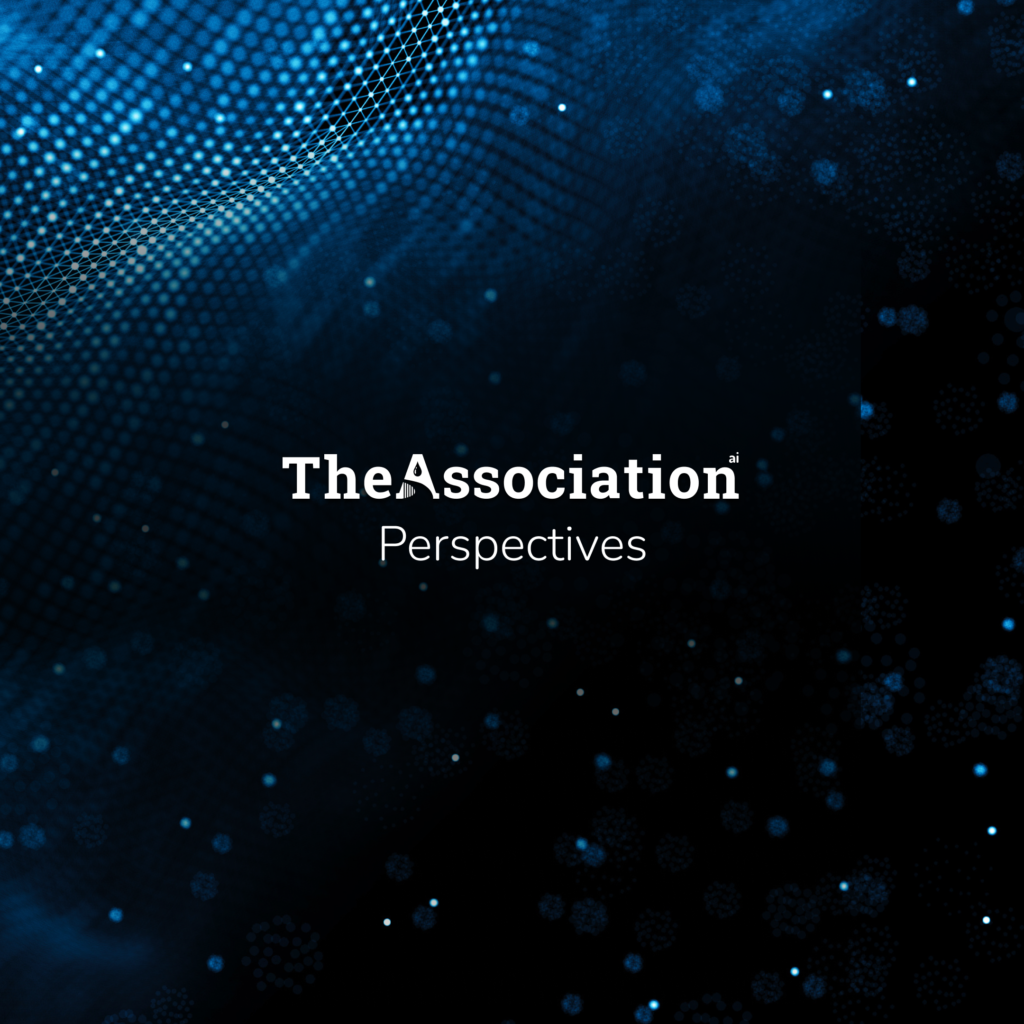Recap: Stevens Institute of Technology Panel and WLDA Equitable and Practical AI Tech Talk
This November, I had the privilege of participating in two enriching events that offered deep dives into the realms of inclusive decision-making and the ethical implementation of AI.
Inclusive Decision-Making Panel at Stevens Institute of Technology
On November 9th, I was a fellow panelist at Stevens Institute of Technology for the Inclusive Decision-Making virtual panel, hosted by Wei Zheng. Alongside Alysha Campbell, Chitra Dorai, and Frank Frascella, we engaged in a comprehensive discussion about the strategies and challenges in driving inclusivity within organizations.
The panel focused on identifying effective practices that have driven inclusivity in various organizations. We discussed the importance of transparent communication and the need for diverse representation in decision-making processes. Additionally, we highlighted common pitfalls, such as unconscious bias and generic approaches that fail to address specific organizational needs.
A key takeaway from the discussion was the understanding that inclusivity is an ongoing process requiring continuous effort and adaptation. It’s clear that successful inclusivity strategies must be dynamic, responding to evolving organizational environments and diverse employee needs.
WLDA Tech Talk on Equitable and Practical AI
Moving forward to November 14th, I delivered a talk at the WLDA Tech Talk, themed around Equitable and Practical AI. Hosted by Dr. Sue Tripathi, this event provided a platform to share my thoughts on the nuances of implementing responsible AI in technology.
In my talk, I emphasized the importance of designing AI systems that are not only technically sound but also ethically responsible and equitable. The focus was on the challenges of embedding fairness and privacy in AI algorithms and the necessity for accountability in AI systems.
The session highlighted the need for a balanced approach to AI development, one that equally prioritizes ethical considerations alongside technical advancements. I stressed on the applicability of Model Risk Assessment guidelines from SR 11-7 from financial Industry more broadly towards other industries too and the need for Equitable and Responsible AI Governance in organizations in the clear absence of regulations in this space.
Reflection
As I reflect on these events, it becomes evident that the themes of inclusivity and ethical AI are not just relevant but crucial in today’s tech landscape. These discussions have reinforced the idea that technology and decision-making processes must be inclusive and responsible, catering to diverse groups and AI applicability.
I encourage our newsletter readers to engage with these topics and contribute their perspectives. Your experiences and insights are invaluable in shaping a more inclusive and ethical tech community.
Let’s continue to build on these discussions and work towards a more inclusive and responsible AI.




